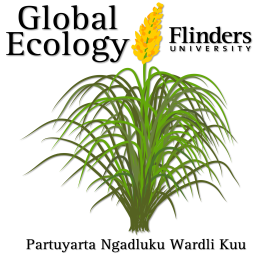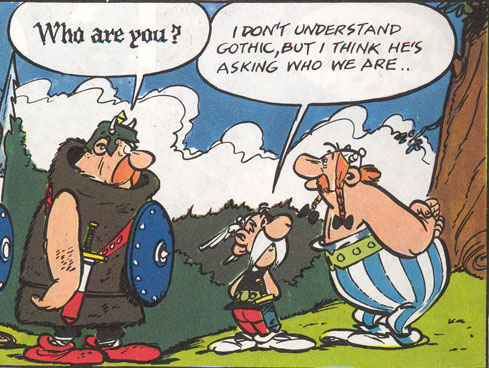(originally posted on the GE.blog)
—
 What’s in a name? Well, rather a lot, I think.
What’s in a name? Well, rather a lot, I think.
Names have meanings, and not just in the way that they tag people, places or objects. I am of the opinion that names go to the core of culture and personal identity in a way that our corporate/fast-food/market-driven society often fails to appreciate or espouse.
This is why we decided to seek cultural permission to have our lab’s name translated into the local Kaurna Language. Like many Aboriginal languages around Australia, Kaurna needs support, respect, and value among Aboriginal and non-Aboriginal people alike if it is to survive. And to me, the extinction of even one language is akin to the extinction of a species. Gone forever, never to be renewed.
But some people probably do not understand why this is important, which was brought home to me last night when a good friend asked why we decided to seek permission to have the lab’s name translated.
“Well,”, I said, “whenever I travel to other countries where multiple languages are spoken, be that in New Zealand1, South Africa2, Canada3, or southern Finland4, almost every official building, place, object, or document has a translation in different languages of the region.”
“Why don’t we seem to do that in Australia very much?”, I said.
After all, it is, at the very least, a sign of respect and recognition of the rightful custodians of the places and land; it recognises that there isn’t only one culture that usurps all others, and that there is multiple meaning and value in that place or object. Read the rest of this entry »
 (originally published on the
(originally published on the 



